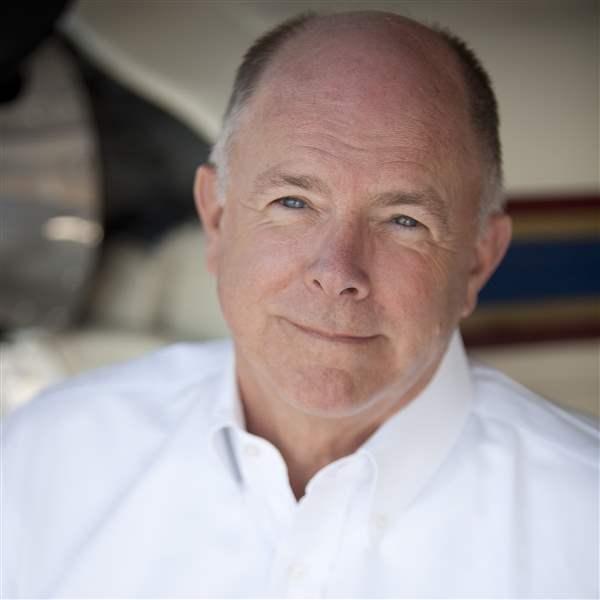Spartan College makes solar electric trainer deal
Spartan signs for 20 Sun Flyers

Spartan College of Aeronautics and Technology has signed an agreement for the first 20 delivery positions of a new solar-electric two-seat trainer, the Sun Flyer. The airplane is being developed by the Aero Electric Aircraft Corporation (AEAC), a Denver company headed up by George Bye. Both AEAC and Spartan will also be working on a training system for the airplane. AEAC’s engineering partner in the project is PC-Aero GmbH of Nesselwang, Germany.
The all-composite, two-seat Sun Flyer will be powered by an electric motor driven by lithium-ion batteries charged by solar cells mounted on the wings.
The Sun Flyer appears to be very similar to a predecessor solar-electric design featured at 2014’s AERO Friedrichshafen exhibit in Germany. No surprise here: Designed by PC-Aero’s Calin Gologan, that airplane is named the Elektra One UAS, and is certified under German ultralight regulations. The Elektra One has a max takeoff weight of 551 pounds, a battery weight of 220 pounds, a max cruise speed of 86 knots, and a maximum range of up to 539 nm. PC-Aero has been specializing in solar and battery-powered single- and two-seat airplanes for the past five years.
Peter Harris, CEO of Spartan College, said, “This agreement signifies our commitment to innovation and to serving the next generation of pilots. Spartan College is honored to be the first training school to formalize our collaboration on a complete training system that will make flight training more modern, accessible and economical than ever before.”
George Bye, CEO of AEAC, thanked Spartan College for its collaboration and support. “Our goal with Sun Flyer is to achieve lower operating costs and enhanced safety features for a training airplane by focusing on the benefits of solar-electric propulsion and durable composite construction,” he said. “Spartan College is to be commended for their innovative spirit and forward-thinking strategy.”
Visit the websites of PC-Aero or AEAC for further information
For information on the Sun Flyer’s prototype, see coverage from Aero 2011.



